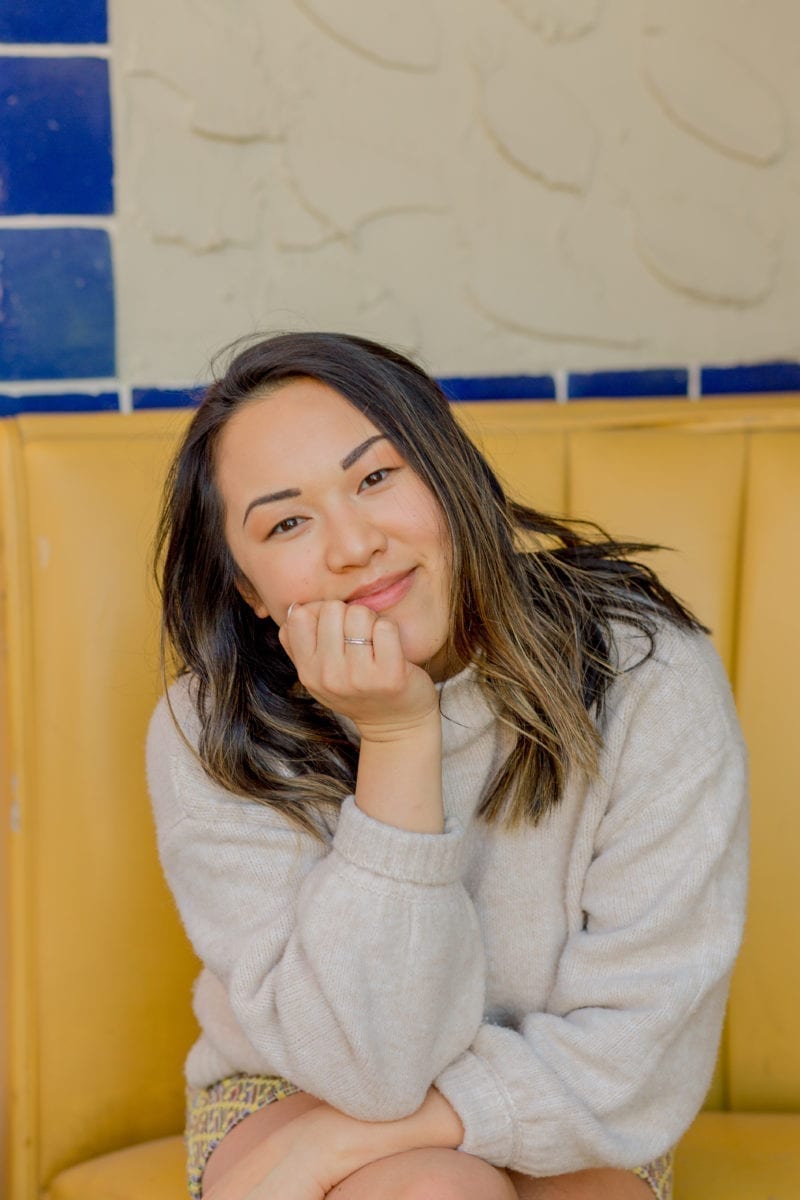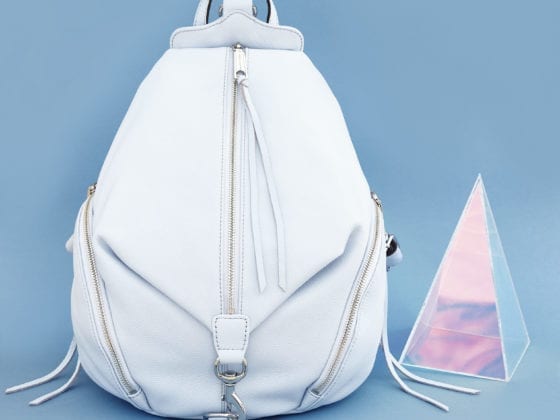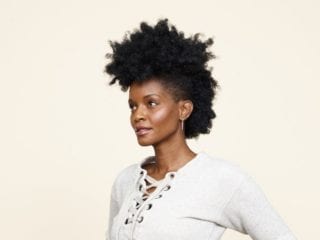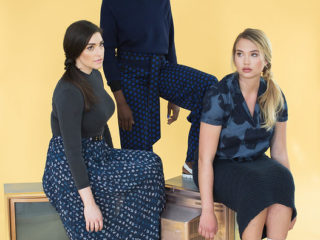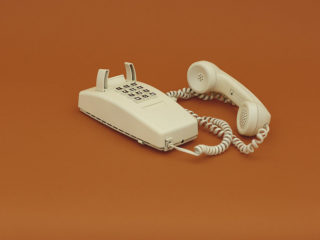This post was originally published on June 23, 2020.
I tend to have a lot of conflicting thoughts about being Asian. I think that’s how my personal identity has always been. Conflicting.
Not Asian “enough.” Not American “enough.”
(I’ve had to learn to completely throw out the word “enough” because I now know that I lack nothing. I am wonderfully made.)
Don’t get me wrong. I’ve had an absolutely incredible life. I am eternally grateful for the two pairs of hands and hearts that brought me here from China and have loved me unconditionally since I was born. My adoption was symbolic in a way. Apart from China being my birth country, I’ve never felt deep connections with my Chinese heritage. The truth is, I’m not sure I was meant to or that I ever wanted to.
I am conflicted.
Apart from China being my birth country, I’ve never felt deep connections with my Chinese heritage.
It’s hard speaking with my friends and family who are predominantly white as they’ll never understand my experience. Yet, I don’t feel like I need to talk about it because other people struggle much more. I understand I haven’t experienced discrimination like other minorities, but I’ve had more than my white counterparts.
Yet, in time, I’ve learned that pain has no hierarchy, nor does fear or discrimination. As I unsubscribe from the comparison game, the fact I have experienced racism alone is when I will use the term “enough.”
I’ve learned that pain has no hierarchy, nor does fear or discrimination.
Discrimination for me as an Asian American is on a pendulum with two opposing sides. On one hand, I’m made fun of for “squinty” eyes. While on the other, I am complimented for my stereotypical and often yearned-for hairless skin. On one hand, I am called smart and intelligent because I’m Asian. On the other hand, I am called a math nerd because I’m Asian.
I am conflicted.
In my experience with friends of color, some are racially ambiguous. Others are deeply connected and proud of their ethnicity. Their ethnic pride both inspires me and makes me jealous because, truthfully, I don’t connect with the Asian community. This reality often leaves me feeling guilty. Add being adopted to the equation, which puts a whole different lens on being a person of color. It’s left me stuck somewhere in the middle.
I am conflicted.
I remember one time a friend who was born in China and raised there until she was 16 told me she could tell right off the bat I was Asian American. But wasn’t I? She went on to clarify that I had been “westernized,” meaning my look fit in with American culture. Here, my clothes and makeup would be considered normal. I was proud of my style, for fitting in. Yet, as a native Chinese woman, which I also am, I have a sense of shame for straying away.
I am conflicted.
The best advice I’ve received about the struggle of identity as a person of color adopted into this country was this: There’s no right answer. You can think one thing in the morning and one thing at night. You are entirely enough just as you are, every single piece of you uniquely and perfectly as it should be. You have your whole life to learn and search. Take the journey one step at a time.
You are entirely enough just as you are.
For the first time in my life, this year I started to acknowledge and even celebrate Asian American and Pacific Islander Heritage Month. I will continue to work on my own shame, but today, in our world there is a fear and stigma associated with the Asian community that must be addressed. We must stand in solidarity and speak out against hostile behavior and inappropriate jokes related to COVID-19. Supporting Asian-owned businesses—and minorities at large—does not apply for one month. It applies for eternity.
I’m striving to lift the Asian community how I can, even when it feels uncomfortable and conflicting at times to do so. Sometimes, I have a lot to say. Then, other times, I don’t, but I realize if you want the world to change, you have to use your voice and be willing to speak up.
There’s a lot of fear going on in the world right now. As fear builds, it gives way to shame, mostly about ourselves, but our shame must be named and replaced with vulnerability and honesty. I am so proud of being 100 percent Chinese, and I sit deeply in gratitude for who I am (including how I look).
One day when I have kids, I want them to be proud of who they are too. For them to do so, I have to start with myself. I’m learning to hold both of my identities, being Asian and American, in my hands at once with gratitude. That is true harmony.
Have you ever felt shame related to your culture or ethnicity? How can we better engage in conversations on race in America?
Image via Gabby Hall

